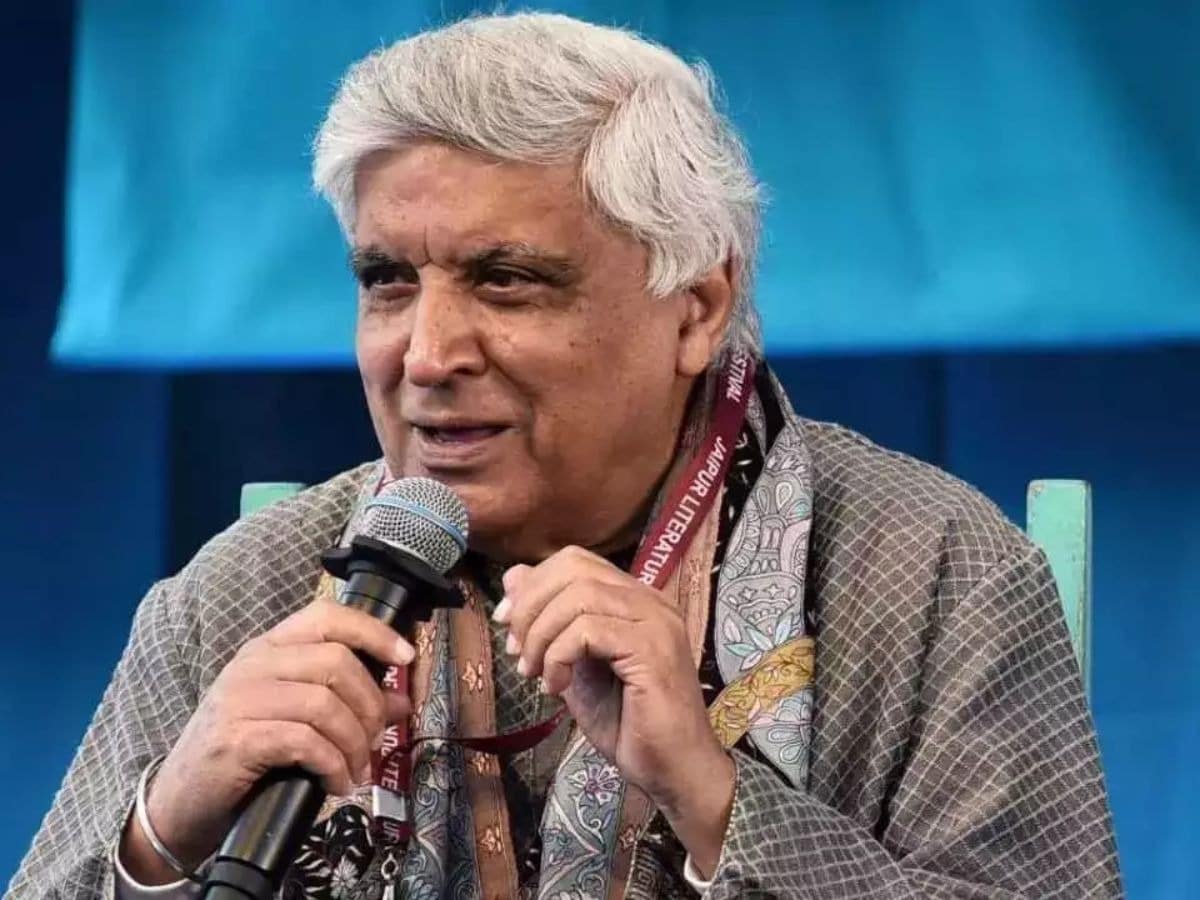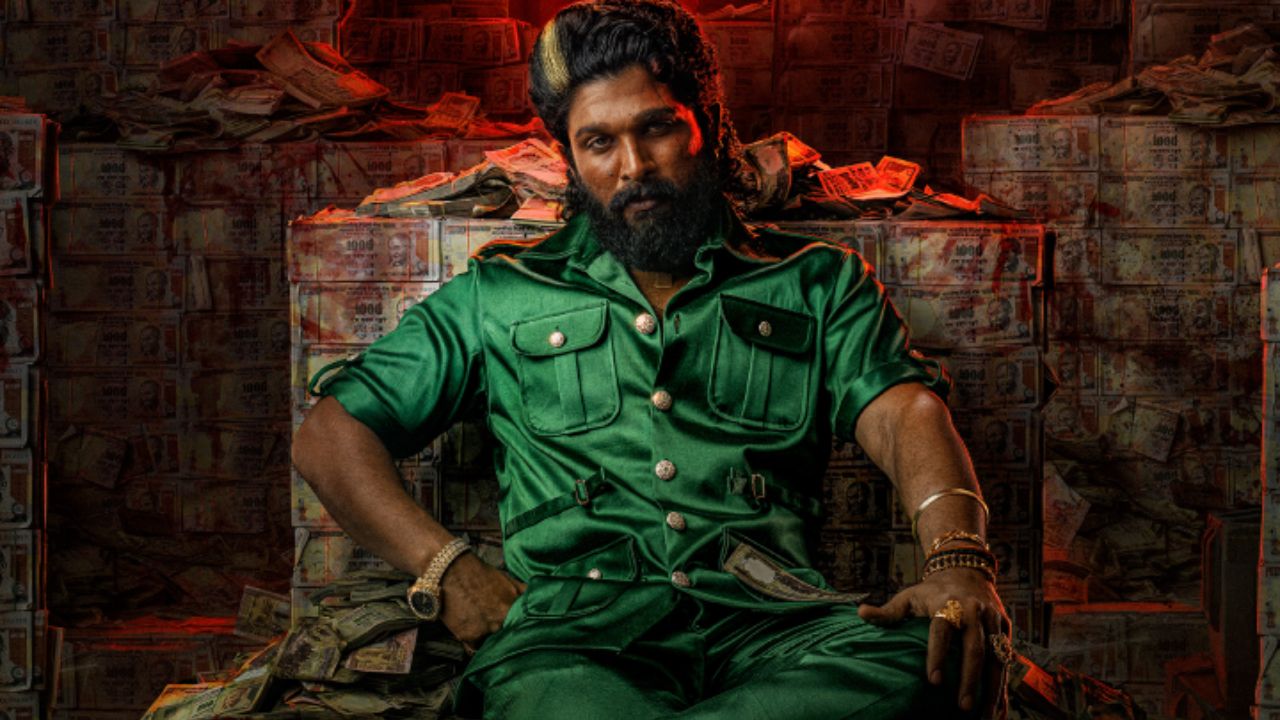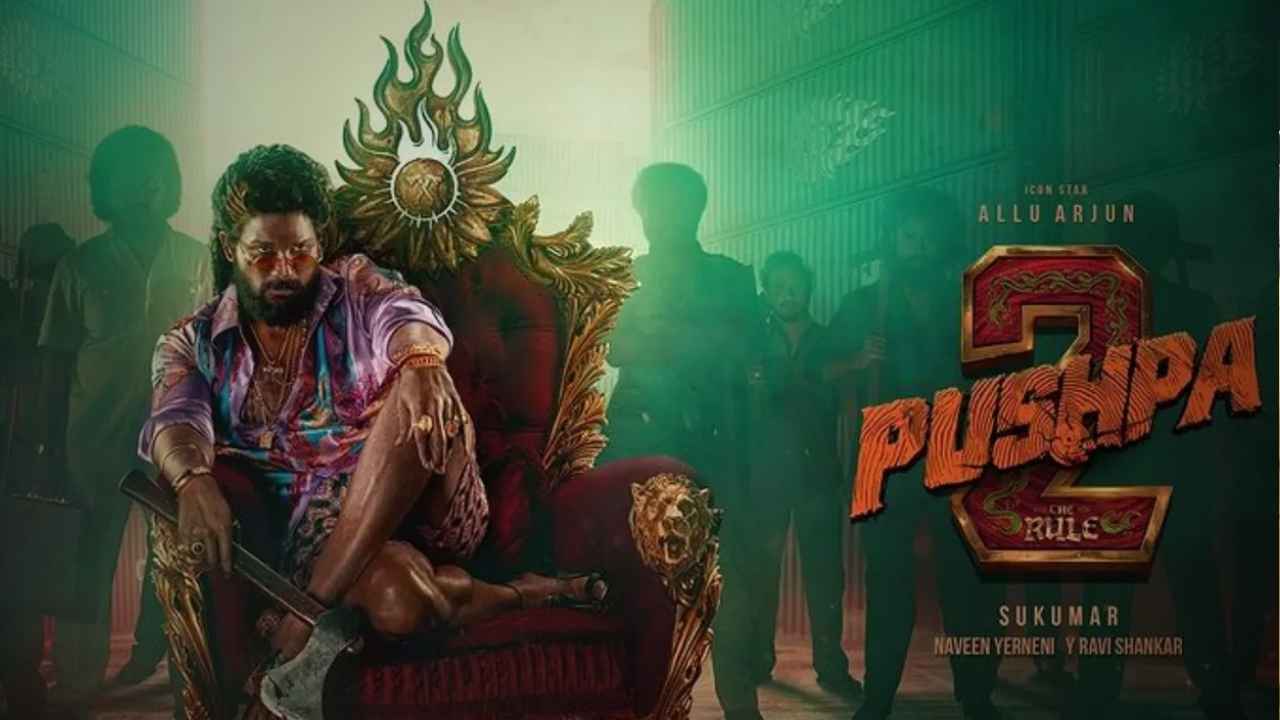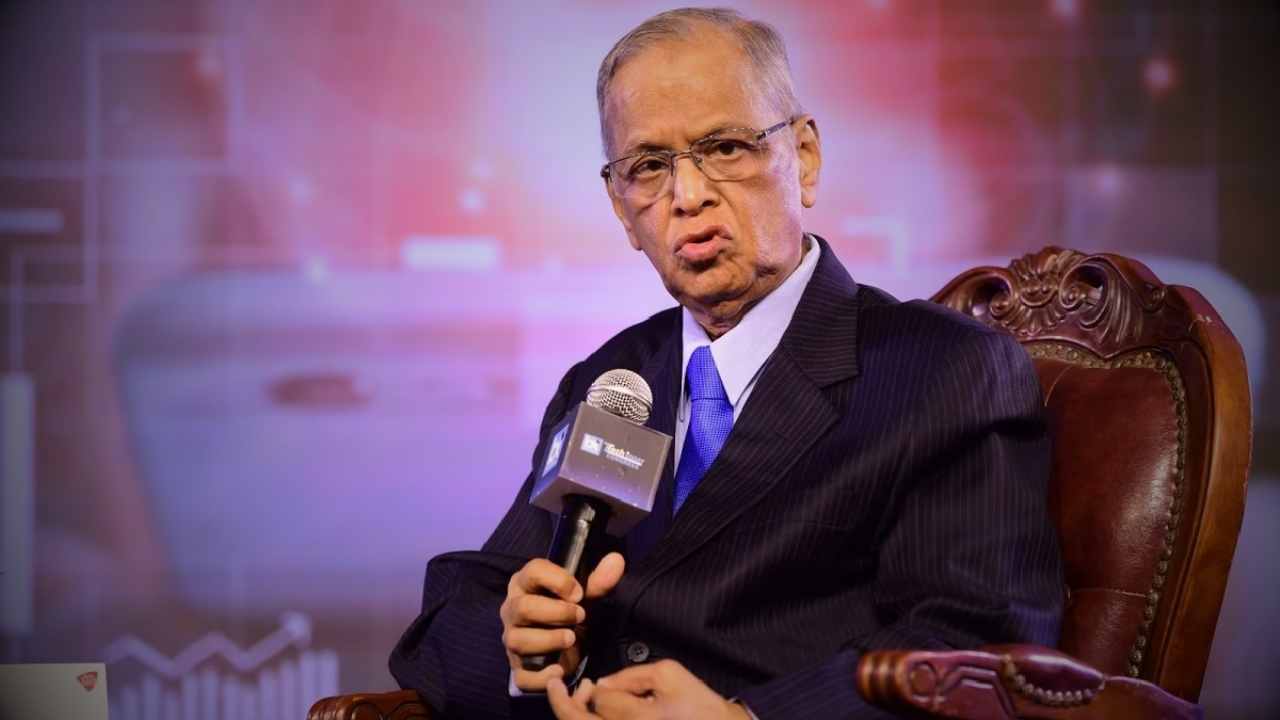Javed Akhtar on His Children’s Rejection of His Dialogues
Renowned writer and lyricist Javed Akhtar has recently been a topic of discussion after revealing some intriguing insights about his relationship with his children, acclaimed filmmakers Zoya Akhtar and Farhan Akhtar. In a candid interview, Javed expressed how both children often reject his dialogues, suggesting that they find his writing somewhat outdated for contemporary cinema. This familial dynamic sheds light on the creative tensions that can occur between generations in the film industry.
The Parent-Child Dynamic in Creativity
In an interview conducted by Sapan Verma, Javed Akhtar emphasized how easy it is for Zoya and Farhan to assume the role of decision-makers in contrast to other individuals who might hesitate to critique him. He pointed out, “It is very easy for Zoya and Farhan to become my boss. Other people will hesitate and will not speak openly, but my children express their opinions without any hesitation. Especially Zoya.” So while Farhan opts for a more diplomatic approach, rejecting lines outright, Zoya engages in more animated discussions with her father.
Coping with Changing Language Nuances
Javed acknowledges the shift in the filmmaking landscape, stating, “I understand that they think all the things in English, dream in English, but I know the nuances of the language in which he is making the film a little more than him.” He further elaborated on how this generational difference affects creative collaboration. Having penned just one complete script for Farhan—’Lakshya’—and a few dialogues for Zoya in her debut film ‘Luck By Chance’, Javed seems aware of the evolving trends in dialogue writing.
A Unique Request from Zoya
Adding a humorous twist to the conversation, Javed recalled an unusual request from Zoya during the making of her film ‘Dil Dhadakne Do’. He shared, “Zoya came to me when she was working on ‘Dil Dhadakne Do’. She told me to write the dog’s dialogues. She said, ‘My father would write the dog’s dialogues because no one could put a dog’s thoughts on paper better than him.’” This anecdote not only highlights the playful rapport between father and daughter but also showcases Javed’s versatility as a writer.
Conclusion
Javed Akhtar’s reflections offer an insightful glimpse into the creative challenges faced by established artists in adapting to contemporary standards. His experiences with Zoya and Farhan reveal the fine balance between tradition and modernity in storytelling, as well as the importance of open communication in artistic collaborations. As they navigate the ever-evolving landscape of cinema, the Akhtar family continues to inspire both audiences and aspiring filmmakers alike.











